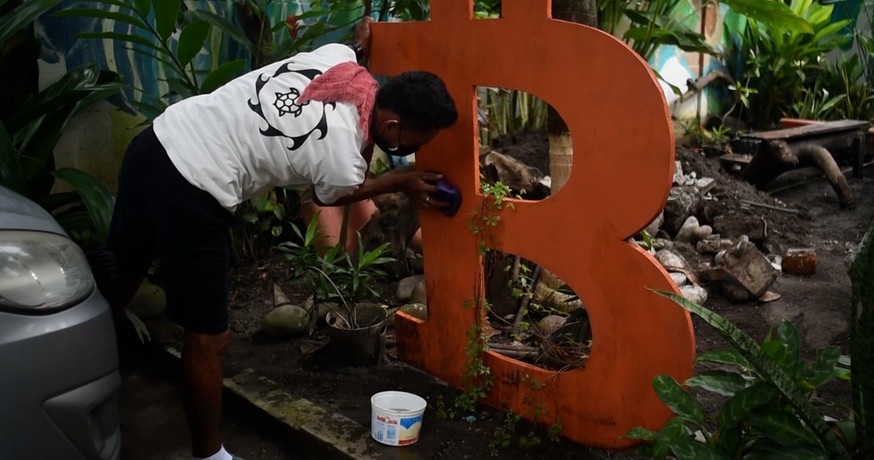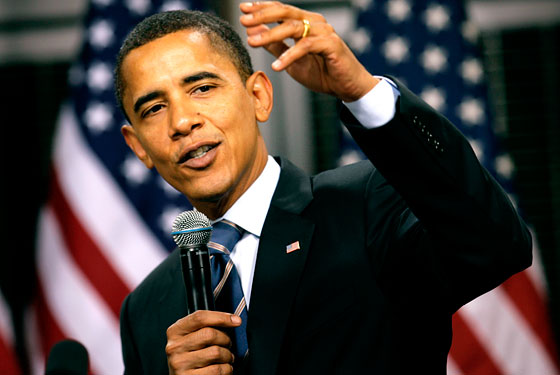El Salvador’s bursting bitcoin bubble
After the flamboyant publicity for bitcoin in El Salvador, nothing happened in a year.

A year after the introduction of Bitcoin as a means of payment, hardly anyone in El Salvador uses the cryptocurrency. Instead, the country’s problems have worsened and “startup president” Bukele is governing unpredictably.
Mónica Díaz cannot remember the last time a customer paid with Bitcoin. In her electronics shop in San Salvador, she accepts the cryptocurrency – but nobody is interested in it, she says. A year ago, customers spent the $30 starting credit that the government gave them in Bitcoin when they downloaded the Chivo app. The app is used to do bitcoin business in El Salvador – and $30 is a lot of money here. Since then, however, Bitcoin has been in the doldrums.
A year after its introduction as a means of payment, the balance sheet is sobering. President Nayib Bukele promised more investment and prosperity. The cryptocurrency should help fight inequality and discourage youth without prospects and bank accounts from joining criminal gangs. But almost none of this has come true, criticizes economist Ricardo Castaneda from the Instituto Centroamericano de Estudios Fiscales: “We experienced a lot of propaganda and few results.”
“CEO” Bukele did not deliver
Bukele, who describes himself as “El Salvador’s CEO,” does not dispute the criticism. He makes dramatic appearances as an avatar in front of his followers and dreams of a bitcoin city, a kind of special economic zone in which investors hardly pay any taxes. The Conchagua volcano is said to provide the energy for mining the digital currency. The crypto community celebrates Bukele for this and is convinced that Bitcoin can help El Salvador out of its misery.
The people in the country, on the other hand, were skeptical from the start. A part of the rural population does not even have access to electricity, let alone a mobile phone or data volume. Only a small part can invest money in the long term, and in a highly volatile currency at that. Three million people are said to have downloaded the Chivo app – but often only to collect the entry fee.
The fact that the price slipped below the US$ 20,000 mark also fueled fears of the cryptocurrency. 70 percent of the people work in the informal sector, without an employment contract and security. “If they lose 25 cents, it can mean that they can’t buy anything to eat,” explains economist Castaneda.
Bitcoin investment too risky
Mónica Díaz from the electronics store had put $20 into bitcoin for fun. When they halved in value, she quickly exchanged the rest for hard currency. She finds it questionable that the state is investing tax money in Bitcoin. Especially since it is not transparent what the El Salvador adventure costs.
The President, who prefers to communicate via Twitter, had announced that the country was investing a good 225 million dollars. That corresponds to the funds of the country’s only public university or a quarter of the budget of the Ministry of Health – and that in times of a pandemic, economist Castaneda calculates. The country has theoretically lost $60 million as a result of the price crashes. Funds that could be put into education or buying groceries.
And the promise of more investment has not been fulfilled either. El Salvador attracted the fewest foreign investments in Central America in the first half of the year, says Castaneda: “Investors also see what’s happening here in the country.”
Justice arbitrariness omnipresent
In fact, President Bukele rules unpredictably. At the beginning of his tenure, he replaced unpleasant judges. Again and again he intimidates critical journalists. And in the fight against gang violence, Bukele declared a state of emergency at the end of March, which is now being extended month by month. Since then, the right of assembly has been restricted and police officers can arrest suspects without reason. According to authorities, 50,000 people were arrested in five months.
The government-critical online portal “El Faro” had reported that numerous arrests were arbitrary. Relatives gather in front of prisons demanding information about their imprisoned family members. Like Francisco Portillo, whose daughter was taken away in early May for alleged gang membership. “We don’t know how she’s doing, whether she’s missing anything,” he complains. “Even the Attorney General’s Office refuses to give us any information.”
Part of the problem instead of the solution
Does Bitcoin suit a country like El Salvador? Economist Castaneda is clearly “no”: On the one hand, because institutions are being hollowed out and corruption is not being decisively combated. On the other hand, because of the financial problems – the cryptocurrency does not turn out to be the solution here, but part of the problem.
If El Salvador needs a loan, the country now has to pay significantly higher interest rates because of its risk profile, says Castaneda. Meanwhile, two million people don’t even have enough money to buy basic groceries.
But who benefits from the cryptocurrency and who loses? After a year, Castaneda analyzed it like this: The winners were the inventors of the Chivo app and those who set up the Bitcoin machines. On the other hand, all the citizens of El Salvador whose tax money was used for the experiment are the losers.
This is the fortune of Nayib Bukele, president of El Salvador
Tesla: Elon Musk’s company sells most of its bitcoin


